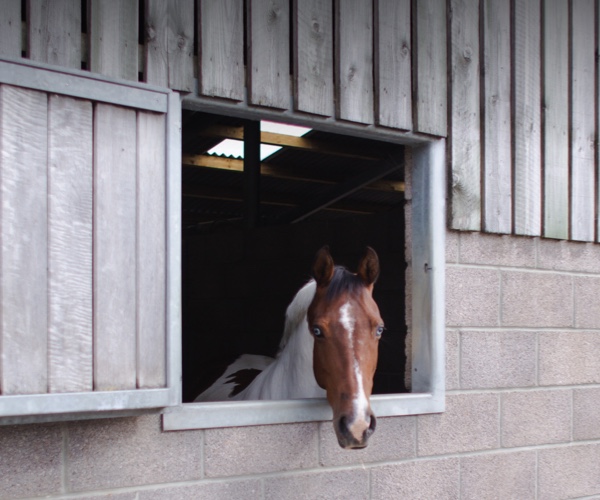Worming
Parasitic worms of the horse, known as helminths, are one of the most common causes of ill health and weight loss in horses.
Most horses will have low burdens of certain species of helminths throughout the year, that they contract from the environment. Good pasture management coupled with a routine worming plan is the mainstay of ensuring that worm burdens are controlled below a threshold where they may trigger disease in the horse. If you would like more information, please ring the office and one of our vets will be able to discuss your concerns. Below we have outlined our recommended annual protocol for worming horses:
- December to February – No treatment required
- March – Faecal Worm Egg Count. If indicated on results, treat with a Moxidectin based wormer
- April – No treatment required
- May – Treat for Tapeworm, with a Praziquantel based wormer
- June to August – No treatment required
- September – Faecal Worm Egg Count. If indicated on results, treat with an Ivermectin based wormer
- November – Treat for encysted Redworm and Tapeworm, with a combined Moxidectin and Praziquantel based product
At Gibbs Marsh we have a voluntary sign-up, email reminder system to let you know when the next worm egg count, or treatment is due. If you would like to be added to this reminder system, please let the office know.
For more in depth information, The British Horse Society provide a comprehensive guide at https://www.bhs.org.uk/horse-care-and-welfare/health-care-management/horse-health/disease-prevention/testing-led-deworming/“

